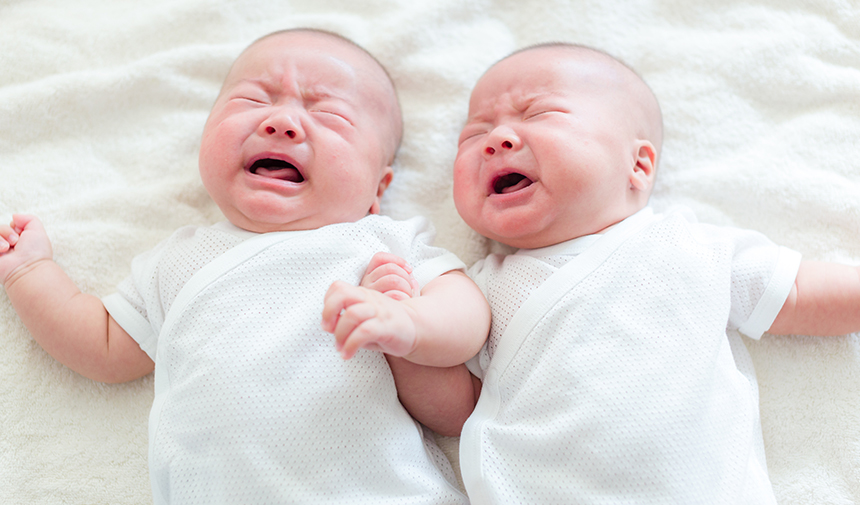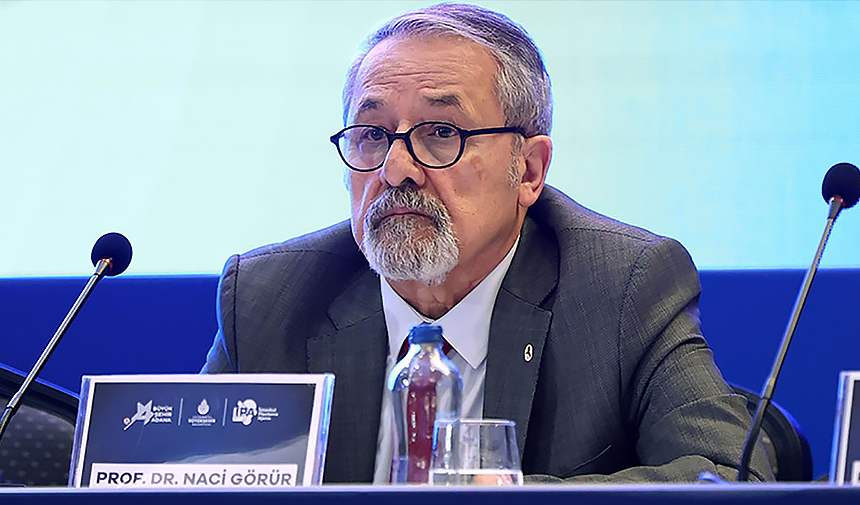Twin pregnancies bring many challenges for both mother and baby. One of these challenges is iron deficiency. The need for iron increases during pregnancy and this need is even higher in twin pregnancies. Iron deficiency can affect the health status of expectant mothers and negatively affect the development of babies. Here is what you need to know about the causes, symptoms and solutions of iron deficiency in twin pregnancies:
- Causes of Iron Deficiency
Iron is a vital mineral involved in many important functions of the body. It is especially critical for blood production and oxygen carrying capacity. During pregnancy, the expectant mother’s body produces more blood for herself and her babies. In twin pregnancies, this need is even greater because both babies need to be supplied with enough oxygen and nutrients. This significantly increases the need for iron and increases the risk of deficiency.
- Symptoms
Iron deficiency can manifest itself in a variety of symptoms. Common symptoms in expectant mothers include extreme fatigue, weakness, pale skin color, dizziness and shortness of breath. In addition, a condition called iron deficiency anemia can occur. In this condition, the body cannot produce enough hemoglobin and its oxygen-carrying capacity decreases. Symptoms of anemia include palpitations, chest pain and cold hands and feet.
- Diagnosis and Monitoring
Iron deficiency is usually diagnosed with blood tests. In addition to hemoglobin and hematocrit levels, serum ferritin levels are also measured to assess iron stores in the body. In twin pregnancies, it is important that these tests are performed regularly because the risk of iron deficiency is higher and early detection facilitates the treatment process.
- Treatment Methods
Iron supplements are the most common way to treat iron deficiency. Doctors usually prescribe multivitamins or iron tablets containing iron. These supplements may be enough to meet the body’s needs. An iron-rich diet is also important. Foods such as red meat, chicken, fish, legumes, spinach and iron-enriched cereals can increase iron intake. Vitamin C increases the absorption of iron, so it is recommended to consume it with iron-rich foods.
- Prevention Strategies
To prevent iron deficiency, it is important to have regular health checks before and during pregnancy. Mothers-to-be can prevent iron deficiency by regularly monitoring their iron levels and taking supplements as recommended by a doctor when necessary. In addition, a balanced and nutritious diet ensures adequate iron intake and reduces the risk of deficiency.
- Expert Opinion and Support
Coping with iron deficiency in twin pregnancies requires expert support. Obstetricians and dietitians can help expectant mothers to have a healthy pregnancy by creating special nutrition programs and supplementation plans. In addition, being aware of the signs of iron deficiency and early intervention are critical to protect the health of both mothers and babies.
Conclusion
Iron deficiency in twin pregnancies is a common problem, but can be managed with proper nutrition, regular check-ups and appropriate supplements. Awareness and expert support will help expectant mothers to have a healthier pregnancy. Iron deficiency in twin pregnancies can be prevented with early diagnosis and treatment and mothers can have a healthy pregnancy.



